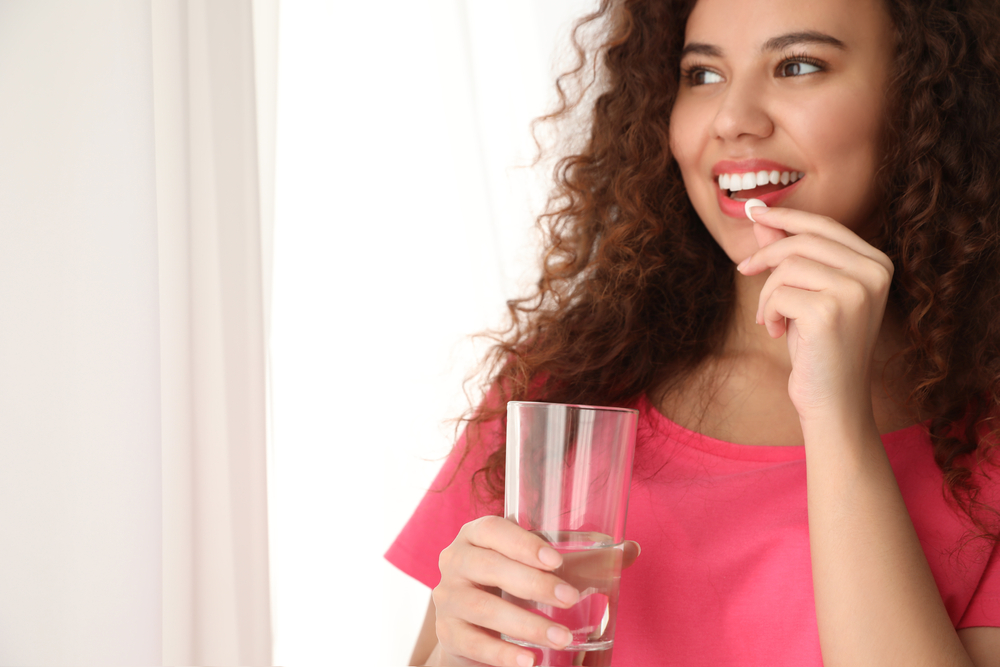
Your body needs vitamins and minerals for optimal health. It is interesting to note that there are some vitamins and minerals that women need more of than men do.
Folic acid/folate (Vitamin B9) helps your body make blood cells and the DNA for new cells; helps prevent certain birth defects; and helps prevent premature births and low birth weight.
Women who might get pregnant or are pregnant need to get 400–800 mcg of folic acid each day from either prenatal vitamins or fortified foods. Good sources of vitamin B9 include spinach and other dark green leafy vegetables, oranges and pure orange juice, nuts, beans, chicken, lean beef, whole grains, and cereals with added folic acid.
Vitamin B12 helps your body make red blood cells and helps cells in your brain and nervous system work optimally.
Pregnant women need vitamin B12 supplementation to prevent low birth weight or other health problems. Vitamin B12 comes mostly from animal products. If you’re a vegetarian, you may need to take a vitamin B12 supplement. Vitamin B12 absorption decreases with age. Women who are 50 and older may need to get more vitamin B12 from supplements or fortified foods, as it is easier to absorb.
Good sources of vitamin B12 include low-fat or fat-free milk, eggs, liver, poultry, clams, sardines, flounder, herring, blue cheese, nutritional yeast, and foods with vitamin B-12 added, including some cereals, fortified soy beverages, and veggie burgers
Vitamin D with calcium, helps build strong bones and prevent osteoporosis; helps reduce cellular inflammation; and helps strengthen your immune system.
Women who are postmenopausal or obese, and have inflammatory bowel disease or any other disease that makes it harder for the gut to absorb fat may need vitamin D supplementation. Good sources of vitamin D include tuna, salmon, and fortified foods such as low-fat or fat-free milk and some brands of orange juice, cereals, soy beverages, and yogurt.
Calcium helps build strong bones and reduce the risk of osteoporosis. Good sources of calcium include low-fat or fat-free yogurt, cheese, and milk; foods with calcium added, such as some soy beverages, 100% orange juice, tofu, and cereals; canned salmon; and dark green leafy vegetables
Iron builds healthy red blood cells that carry oxygen in your body, and helps make certain hormones and connective tissue. All women with menstrual periods and those who are pregnant need iron.
Good sources of iron include lean red meats and chicken, seafood, cereals and breads fortified with iron, oysters, beans, dark chocolate, liver, spinach, tofu, and canned tomatoes.
Consult your doctor for more information about vitamin and mineral supplementation.
Shop at Watsons for prescription medications and other essential healthcare needs.
Reference: https://www.womenshealth.gov/healthy-eating/how-eat-health/vitamins-and-minerals-women. Accessed 29 July 2021
Blood pressure (BP) is the pressure exerted by the blood as it pushes against the walls of our arteries, which […]
Overweight and obesity are defined as abnormal or excessive fat accumulation that presents a risk to health. A body mass […]
Around 27 million Filipino adults are overweight or obese, according to the latest National Nutrition Survey conducted by the Food […]